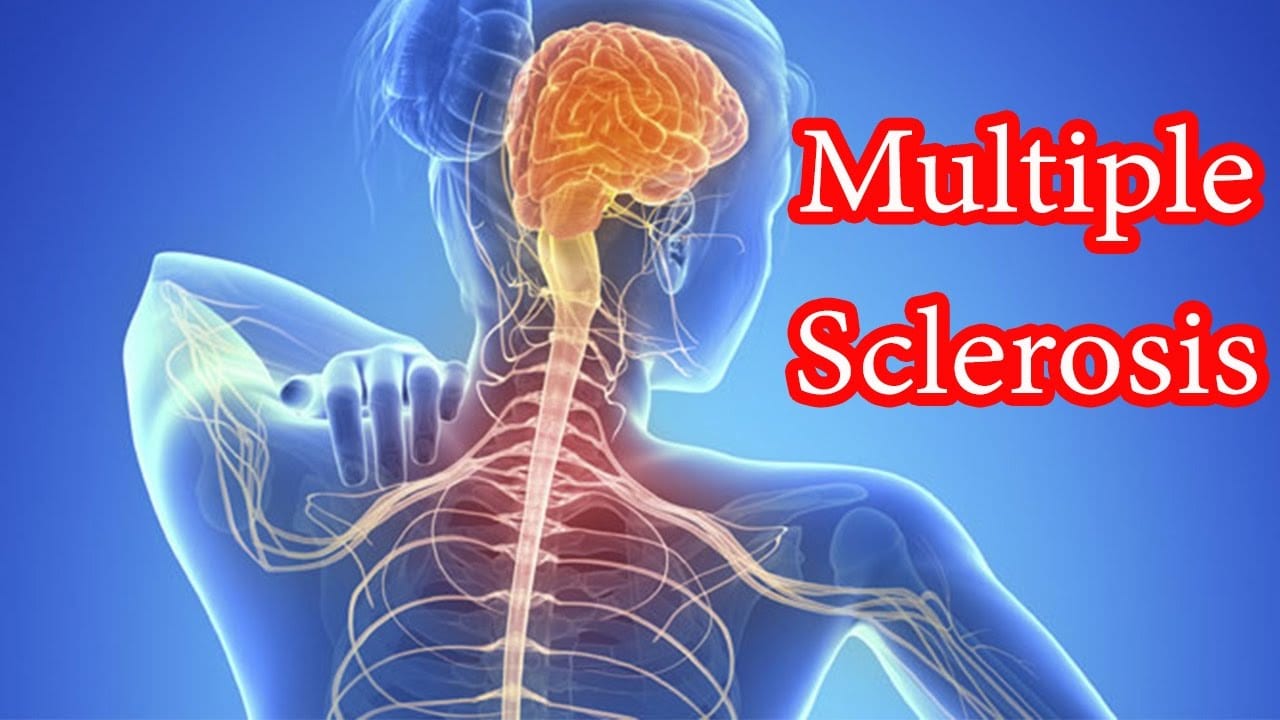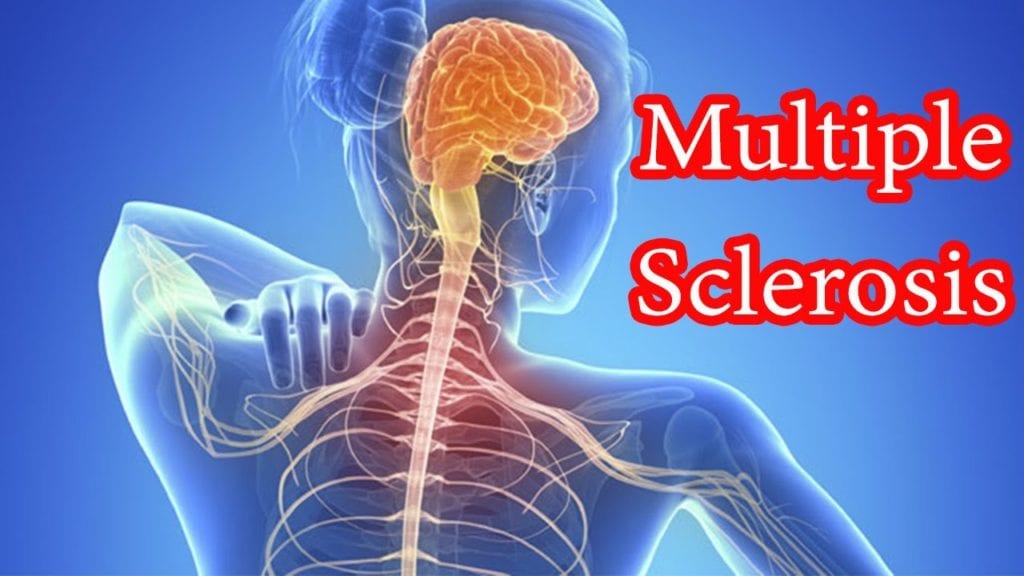Close to 2.5 million people are estimated to have multiple sclerosis (MS) around the world with around 400,000 of those cases being in the U.S. Chances are good that you have heard of MS or know somebody who has been diagnosed with it.
When it comes to a somewhat mysterious disease like MS, everything from the types of symptoms to the rate of progression can vary from patient to patient. Click here: This can help you with your sclerosis. What is guaranteed, however, is that MS will affect day to day living. Don’t miss this quick guide to understanding MS, how it affects daily life, and tips for managing the disease:
What Causes MS?
MS is considered an autoimmune disease of the central nervous system and brain. In people with MS, the body accidentally mistakes the protective myelin sheath covering their spinal cord and nerve pathways for a foreign pathogen and attacks it. The myelin sheath plays an essential role in ensuring that messages from the brain are effectively sent through the nervous system to the rest of the body.
With MS, the myelin sheath starts to deteriorate which disrupts the normal communication flow between the brain and body. Lesions may form on the brain and spinal cord and nerve fibers can become permanently damaged resulting in disability, cognitive dysfunction, mobility problems, and more.
What are the Symptoms of MS?
Depending on the type of MS you have, the range and duration of symptoms may differ. There are 4 main types of MS including:
Relapsing-remitting MS – most people with MS have this type where symptoms will flare-up for days or weeks at a time (these periods are called relapses) and then disappear for a period of “remission” which may last months or even years.
Secondary progressive MS – a large percentage of people will progress from relapsing-remitting MS to secondary progressive MS, entering a period in which symptoms gradually worsen and do not go away.
Progressive relapsing MS – even if symptoms continually get worse from the beginning, if you still go into periods of remission, you most likely have this type of MS.
Primary progressive MS – this rarer form of MS does not involve any relapsing and remitting; only a continuous and steady progression of symptoms.
Symptoms of MS, whether starting from the very beginning or flaring up intermittently, may include:
- Blurred or double vision
- Muscle rigidity or weakness
- Tremors
- Balance problems
- Difficulty speaking
- Muscle spasms
- Urinary or bowel incontinence
- Depression
- Fatigue
- Dizziness
- Brain fog
- Numbness or tingling (in the face, arms, legs, or trunk)
- Uncontrollable laughing or crying (at seemingly inappropriate times)
- Trouble with memory, thinking, problem-solving
- Erectile dysfunction
How does MS Affect Daily Life?
From work to eating to toileting, getting dressed, even walking, MS can affect almost every aspect of life, especially the further along the disease progresses. Memory and thinking problems, mental fatigue, and mobility issues can make keeping a job difficult while muscle spasms, weakness, and neuropathy can limit even basic daily tasks like eating a meal or going to the bathroom. Click here to learn what can help you with your sclerioses
Advancements in research and treatment are being made every day and, fortunately, there are many ways to help manage the disease.
Mobility aids – mobility difficulties with MS can stem from leg weakness, muscle spasms, as well as cognitive decline associated with nervous system degradation. Mobility aids play an important role in the health outcomes of MS patients, helping them stay active, get out of the house, and remain independent. Canes, walker, rollators, and wheelchairs are all commonly used for traversing shorter distances while a mobility scooter is great because it requires minimal effort to cross longer distances.
Ease-of-use tools – even the simplest tools like reacher grabbers, shoe horns, or utensil grips can make everyday tasks easier and more manageable for someone dealing with MS symptoms. Dressing aids allow people to put on clothes without assistance, utensil aids can help counteract hand tremors which might occur when eating, and reacher grabbers can assist with bending over or reaching up high to pick things up.
Safety supports – because MS can negatively impact mobility as well as affect balance, flexibility, and coordination, it is critical to prioritize safety in and around the home to prevent falls and other injuries. Safety supports may include railings by stairways and porches, shower chairs for bathing, raised toilet seats, and bed rails.
While MS doesn’t currently have a cure, it is not a death sentence. There are many ways to successfully manage MS and still lead a productive and purposeful life. Getting plenty of exercise, staying cool, managing stress, eating a healthy diet, and embracing a support network are key.

